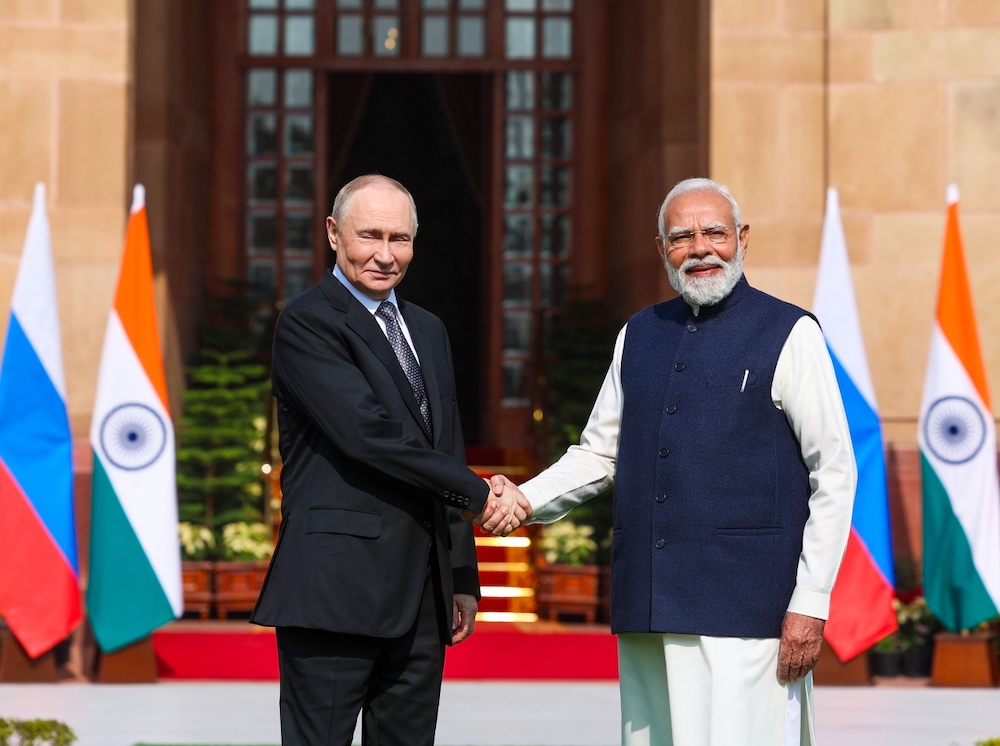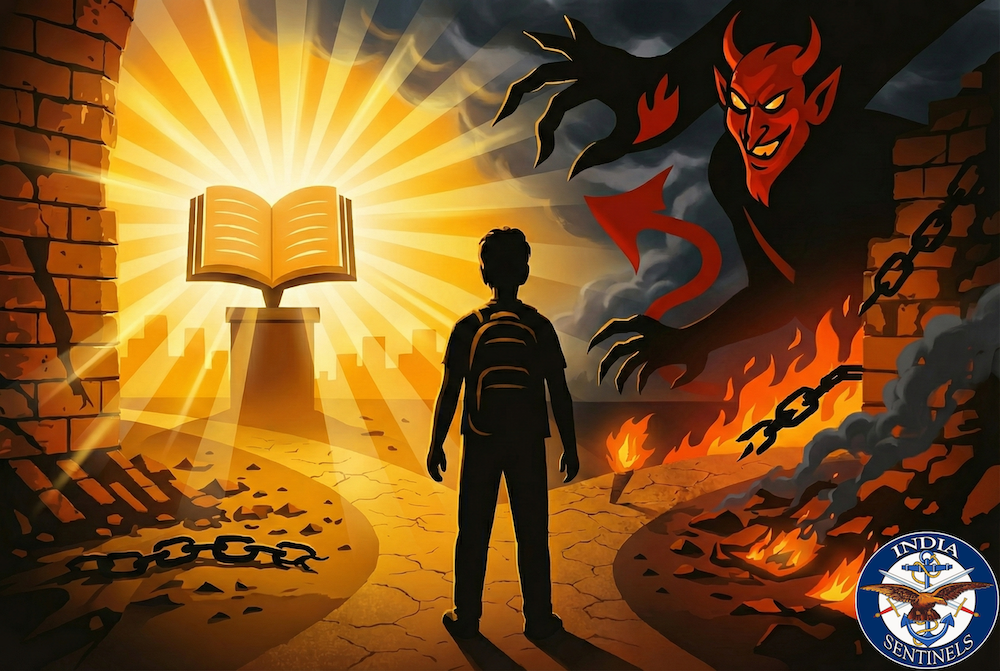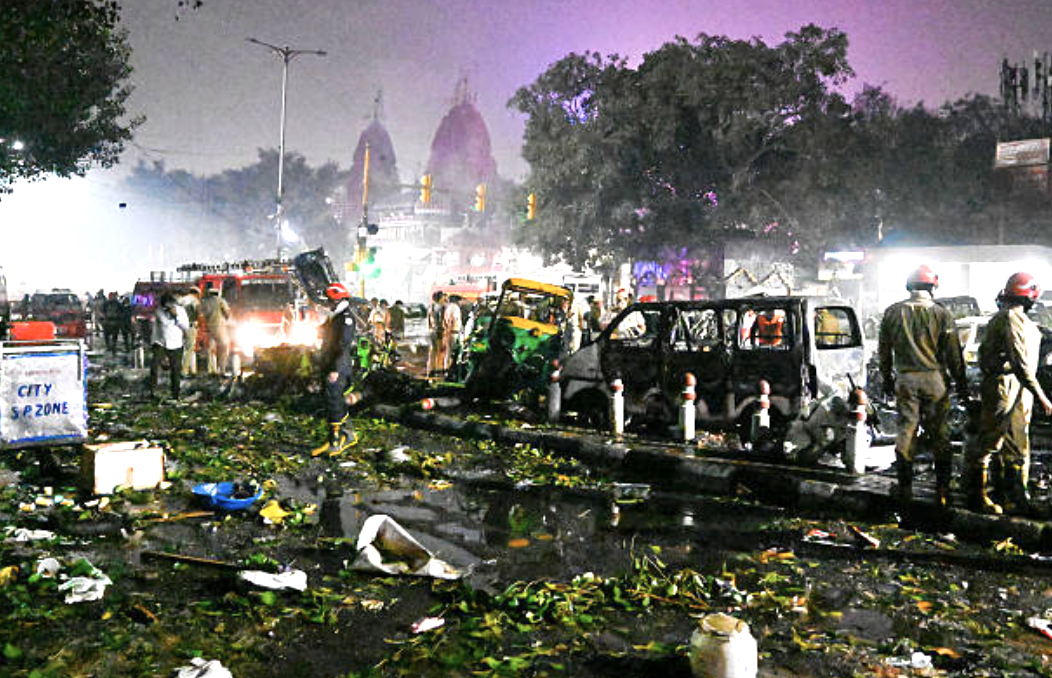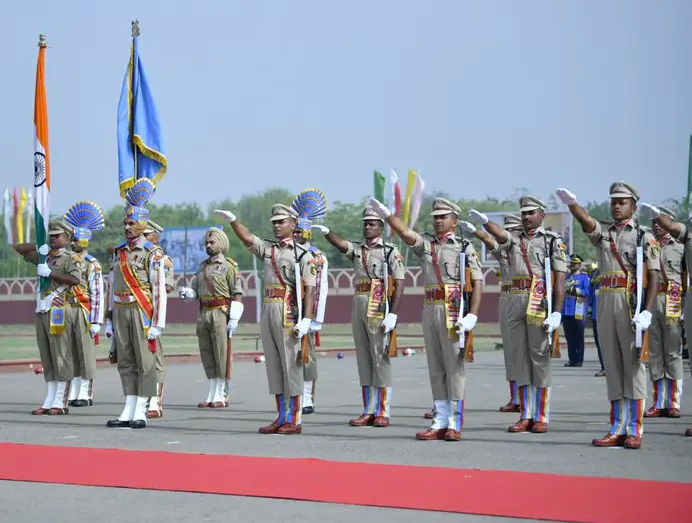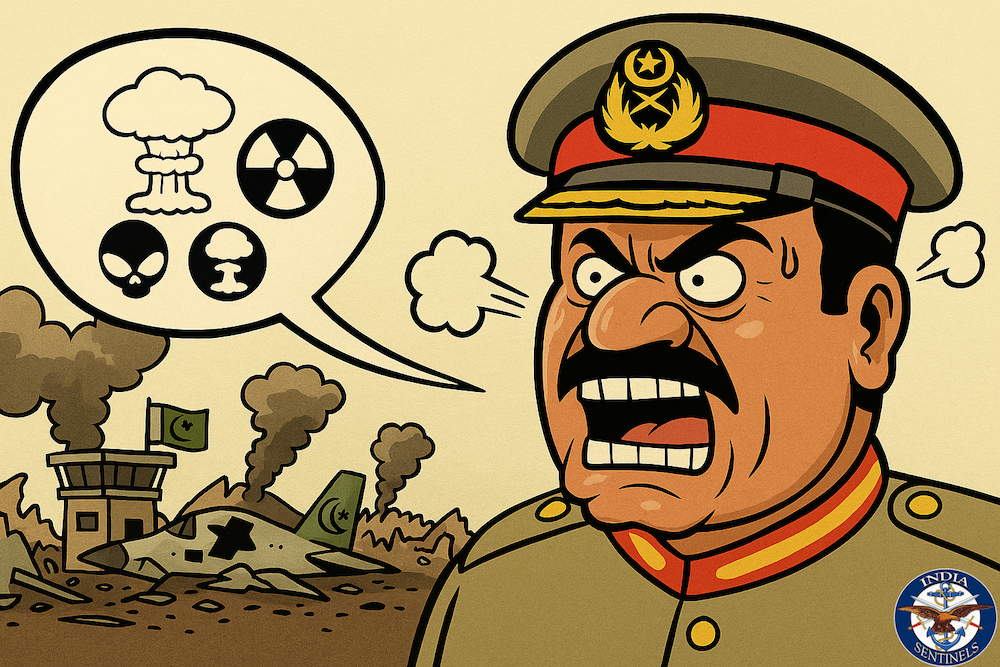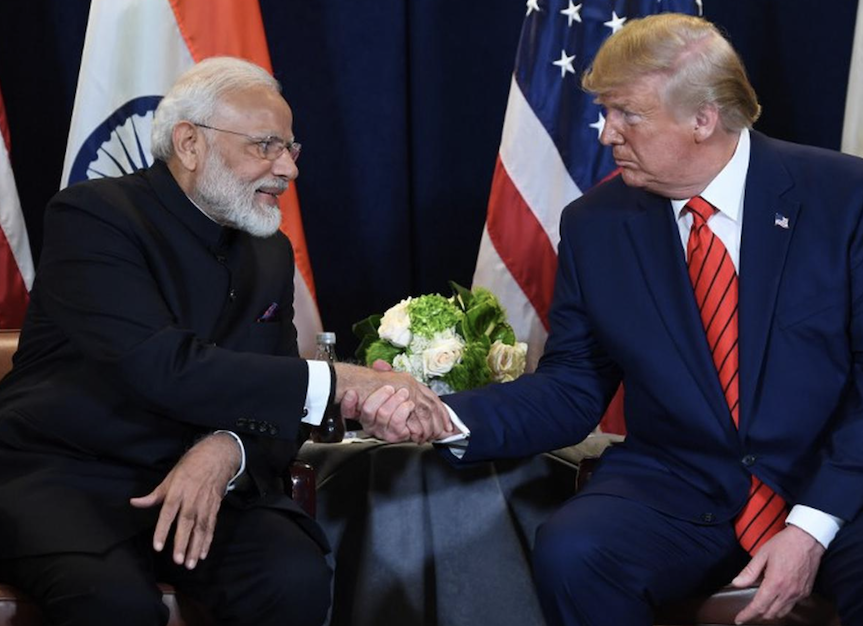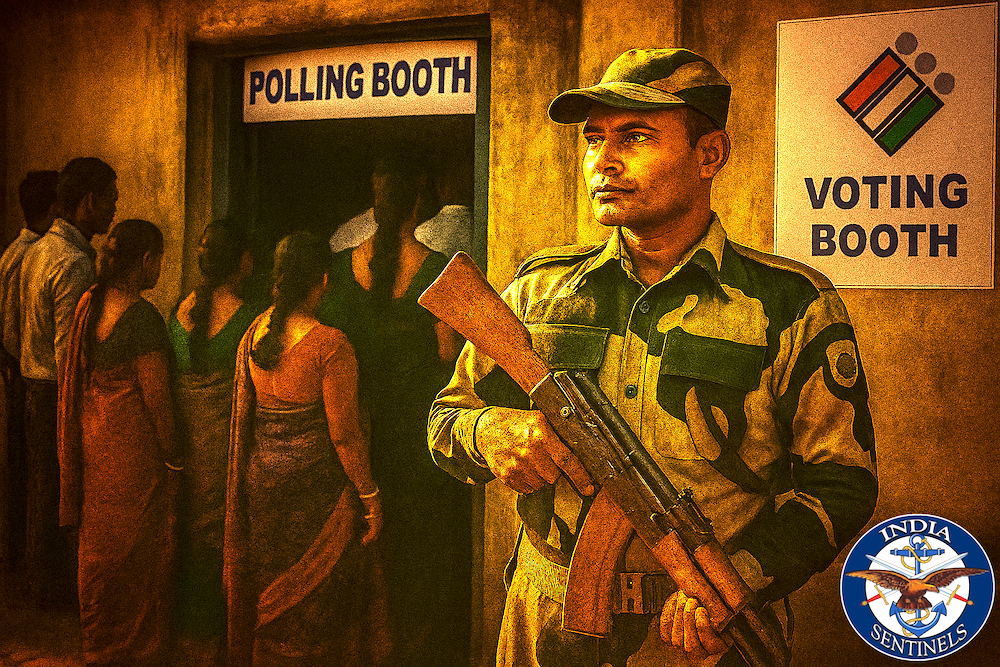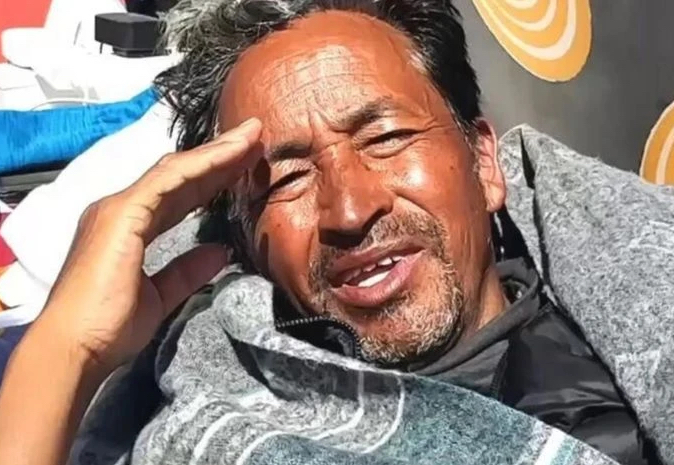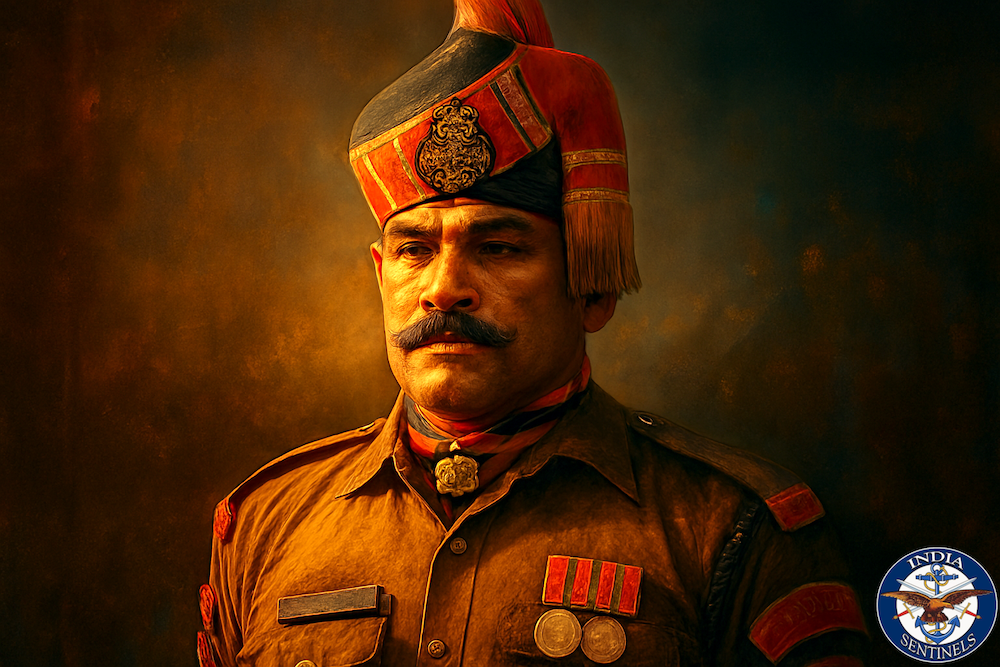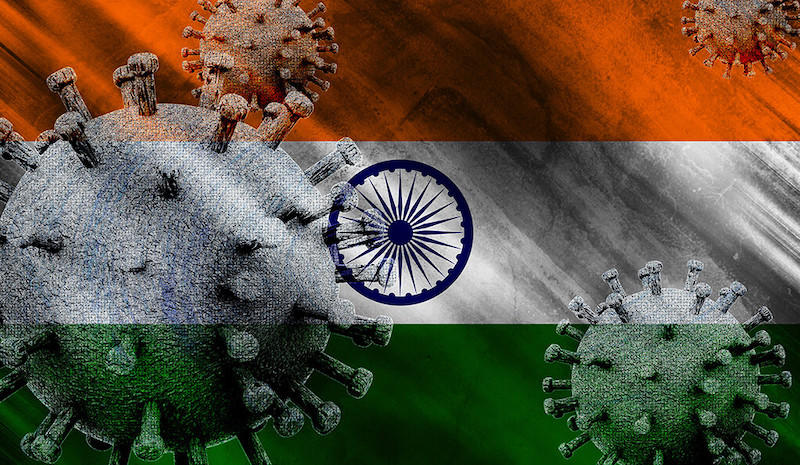
Just like any other horrible war, the recent cursed election wars in some Indian states have yielded results at last. Going by the critical remarks of Neville Chamberlain, who was the British prime minister between 1937 and 1940, on the inhuman consequences of war, it is pertinent at this juncture to assert that there are no winners in an election held during a deadly pandemic. All are losers.
It is an accepted fact that almost every individual’s existential destiny has been placed in jeopardy – either physiologically or psychologically – with viral threats escalating by the day. Whichever political party conceded defeat or claimed victory, the glaring truth is that everyone who participated in the election process are directly or indirectly responsible for enhancing the severity of the pandemic.
If fear of loss of power outweighs the fear of loss of life, the primal irrational instincts of death seem to certainly hold sway over the sacred tenets of humanism and compassion.
The elections that were held during the “second wave” of the Covid-19 pandemic is not the only curse to endure. Wilful ignorance of mass suffering deserves no less than a vile expletive. The central and state governments kept on turning a blind eye to the resurgence of unbroken chain of viral infections. Deliberate arrogance is another curse which most of the people bestowed upon themselves.
Despite repeated warnings from the scientific and medical communities, the central and state governments hardly implemented Covid-safety measurements. Miscalculated overconfidence is yet one more jinx which left both the haves and have-nots thoroughly fragile and endangered in a country known for poor health infrastructure. A bundle of such hexes could only render the whole nation gasping in horror for breath for the want of the life-saving gas and medicines, among other things.
Such is the cataclysmic situation that India has wantonly created for itself over last one year to the utter dismay of the whole world, the Covid monster has, besides its infection spree, been playing its diabolical tricks in the form of at least three contradicting paradoxes, which has perplexed the society at large.
On the one hand, India stands out as one of the most unequal countries on the Gini index, but on the other hand, it has been experiencing equality for wrong reasons since the outbreak of pandemic. This is the first paradox which Covid stumped the minds of not only developmental economists and social scientists but even political leaders and bureaucratic planners.
A few days ago, news emerged that a retired ambassador succumbed to the virus while waiting for a bed outside a hospital in Gurugram. This was followed by another news story about a top state bureaucrat unable to manage to admit his Covid-stricken wife to a hospital of his choice. And there are countless cases like this.
Khalil Gibran once cryptically prophesized: “The coming generations will learn equality from poverty and love from woes.” True to this eye-opening revelation, Indians are now witnessing a strong equalizer in the novel coronavirus, which brought both the rich and the poor on par with each other. The virus left people – both strong and weak – gasping for oxygen and the scarcity hit both the rich and the poor alike. It made celebrities stand in line alongside the commoners for getting a vaccine jab.
However, the virus has also aggravated the inequality gap further by rendering poor people to suffer more due to lack of resources at their disposal to prevent viral contamination and treatment. The poor are bearing the brunt of pandemic on a larger scale than the rich.
The second paradox is that Covid pronounced as well as denounced liberty in even terms. It pitted the free-spirited mind against the liberal manoeuvres of the physical body. The virus forced people to set their exploring minds with full liberties so that there could be ample remedial choices to tackle its spread. Simultaneously, it also curbed human freedom to the extent that more and more people started becoming suspicious of the same after acknowledging the close connection between free movements and consequent Covid tragedies.
The third paradox is about how the noble tenet of fraternity has turned out to be during the pandemic – as boon and curse at the same time. The natural gifts of sociability, like togetherness, hugging, touching, etc, by which humans are invariably characterized have come to pose as threats of a perilous contamination. At the same time, the bond of interpersonal relations is inevitably so strong that people don’t step backwards braving any danger in order to show their deep concern for the loved ones.
These three paradoxical human conditions, which continue to ravage India amid the selfless all-out efforts of the frontline healthcare warriors, are reminiscent of Polish film director Krzysztof Kieslowski’s French trilogy “Three Colours”.
The French national flag’s blue, white and red colours embody the noble ideals of the 18th-century Enlightenment era – liberty, equality and fraternity. Kieslowski’s trilogy is based on these three themes. The three movies that formed the trilogy showcased the-then prevailing scepticisms and optimisms during the transition period of the newly emerging multination eurozone.
Similarly, the three colours of Indian national flag – saffron (which denotes the sacrifice, strength and courage of the country), white (which denotes peace and truth via equality) and green (which denotes fertility, growth and auspiciousness of the land) – are potential mantras to navigate successfully through the raging pandemic turbulence with resolute action, hope and confidence. Above all, the Dharma Chakra in the middle of the white band, which intends to show that there is life in movement and death in stagnation, inspires India to vanquish the dreaded virus and move ahead as the victor ultimately.
The current situation is also a clarion call for the speedy restoration of normalcy by following the noble paths shown by the great sons of India. A century ago, Swami Vivekananda called upon us to refrain from bragging about the olden glory with empty eulogies. Hence, people should work concretely to save the nation from the instant crisis with the armour of Covid inoculation and the sword of treatment.
Gurazada Apparao, the 19th-century Telugu social reformer, emphasized on constructive endeavours rather than noisy and hollow words. Following his exhortation in letter and spirit, people should exhibit their mettle in breaking the chain of infections by Covid-appropriate behaviour. Dr Bhimrao Ramji Ambedkar forewarned us seven decades ago a weakened fraternity among Indians would be dangerous to the integrity of the nation.
It is high time that all the Indians need to rise above their socioeconomic, religious and political affiliations and sentiments and comply with safety protocols in order to eradicate Covid threats.


